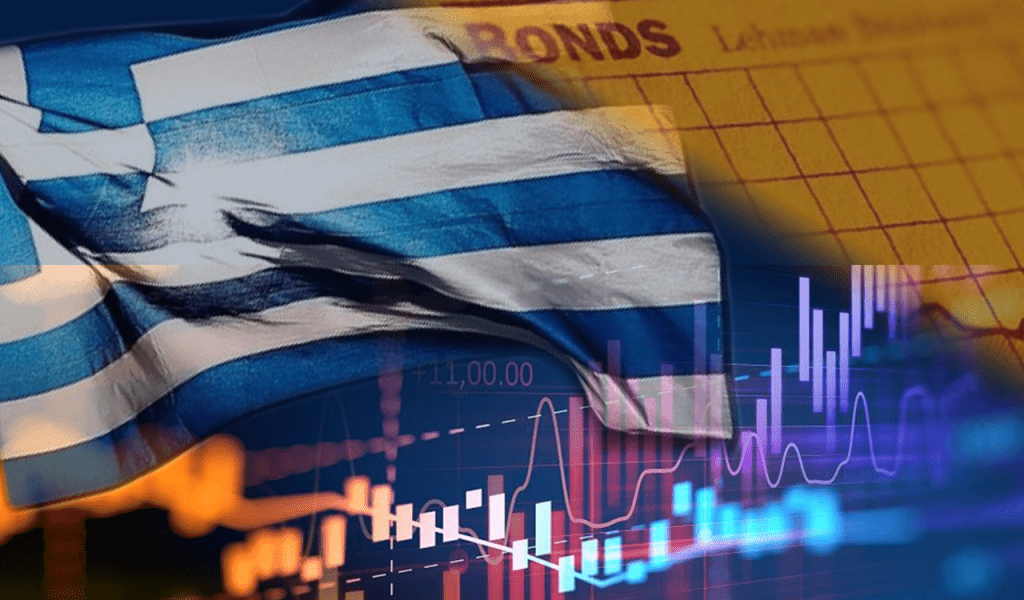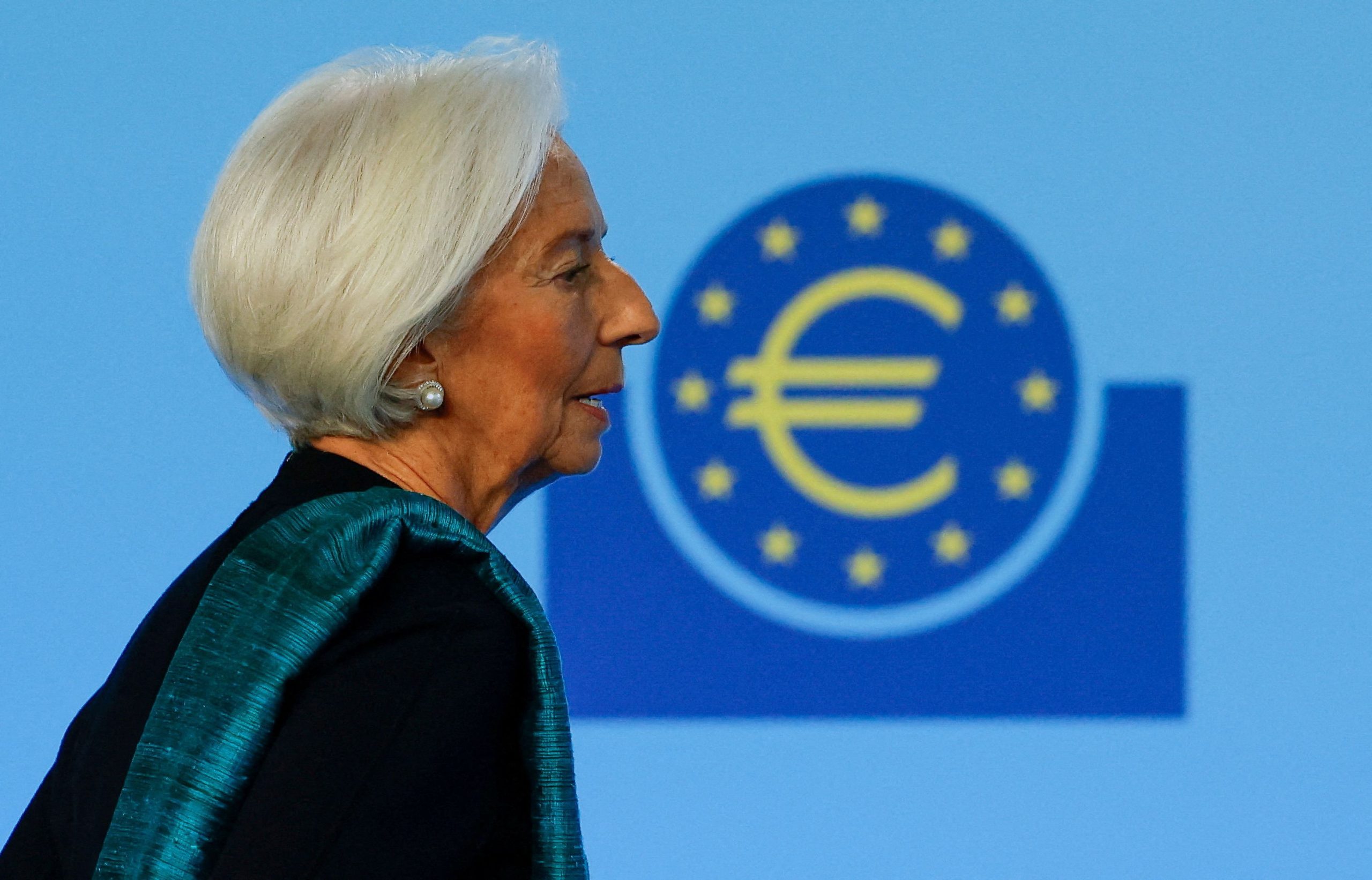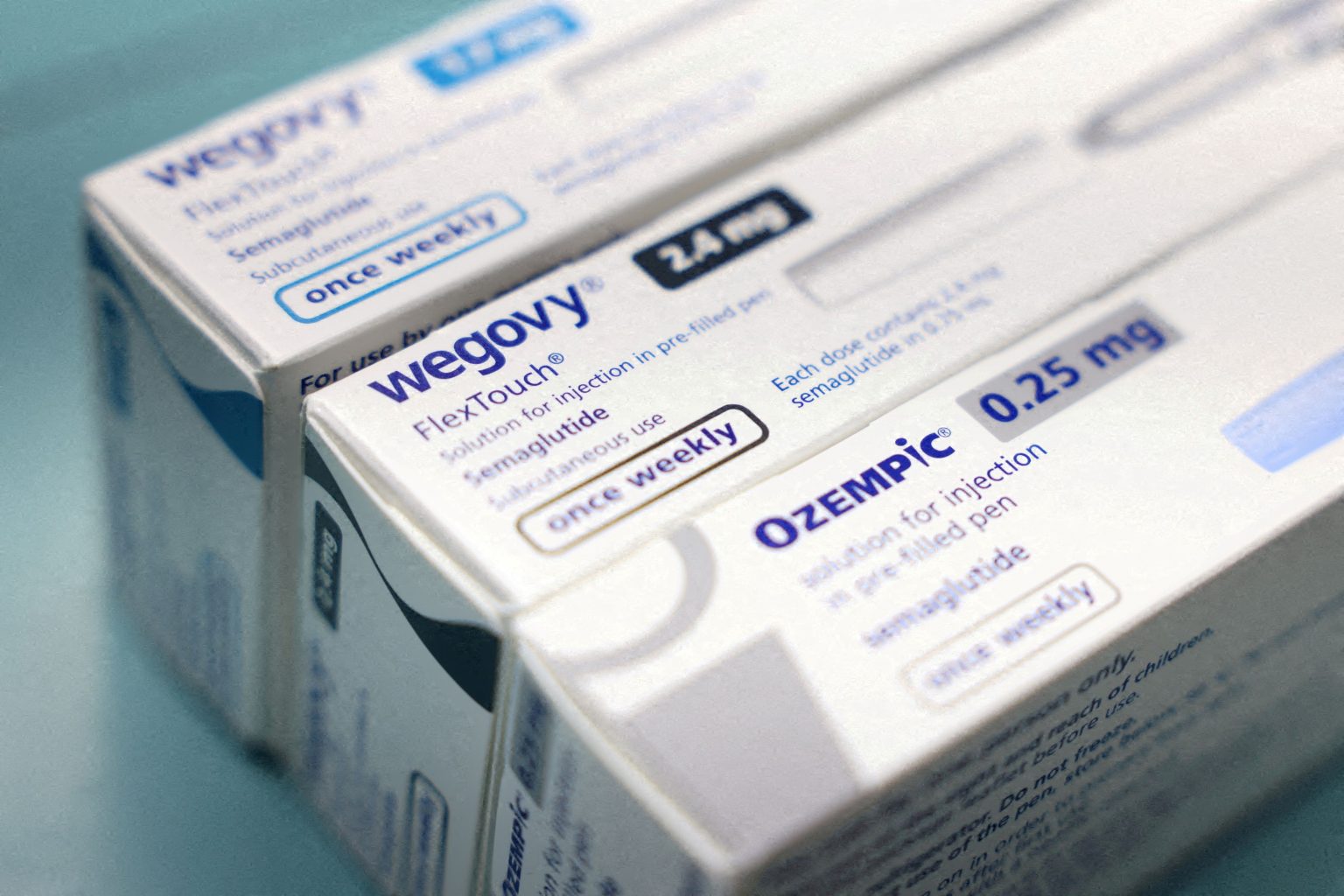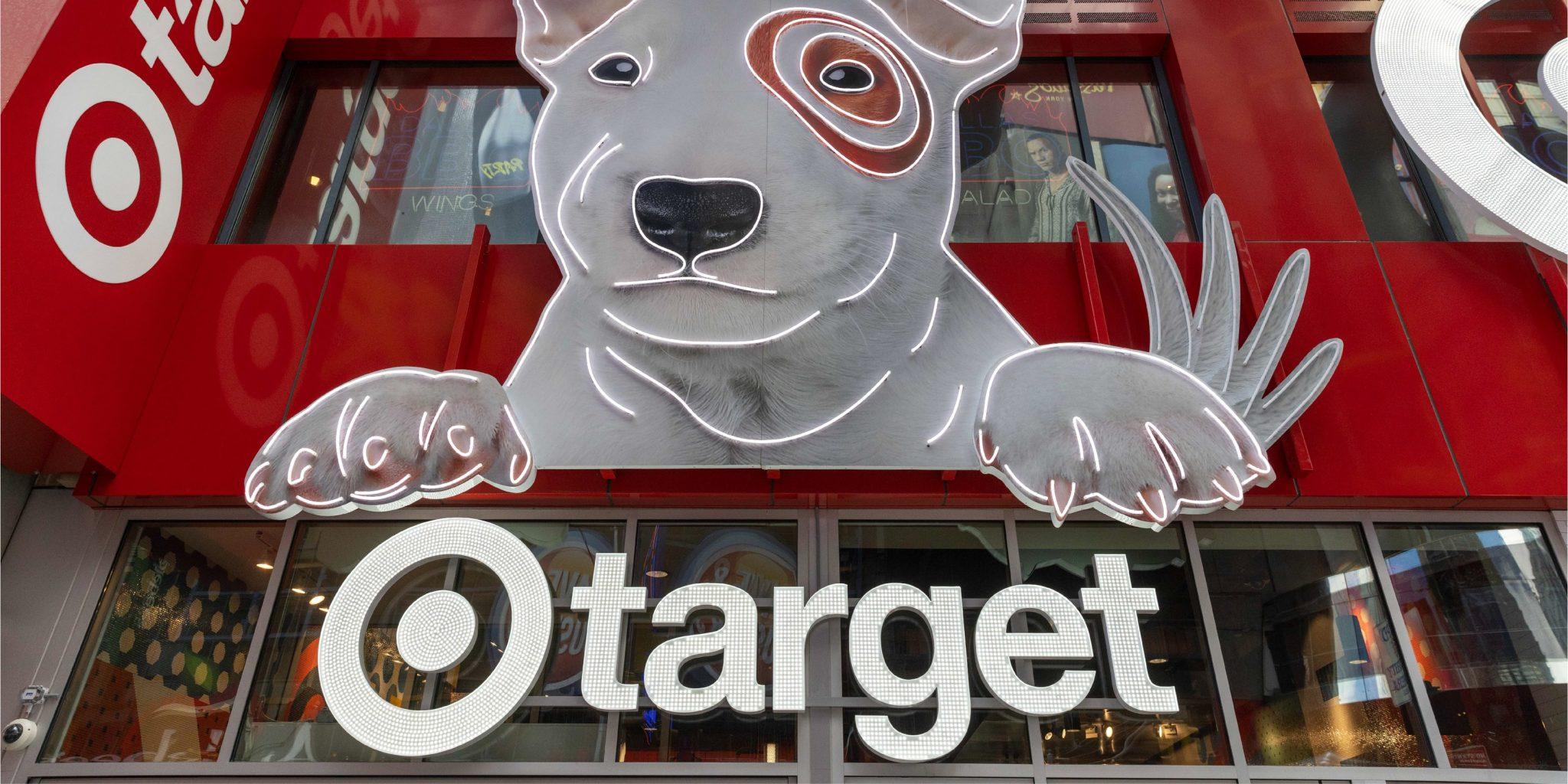The most emblematic Greek product, feta cheese is facing a great challenge. The cases of fraud that have come to the fore in recent months with the trafficking of false products inside and outside Greece and allegations of illegal Hellenization of milk undermine the effort made to further inroads of the product in international markets, and all that was built the previous period for the promotion of this unique cheese product.
The recent revelation of irregularities by a Greek company, which is said to have Hellenized 7.7 tons of milk from Bulgaria, is the tip of the iceberg.
Months ago, other companies were found to be smuggling counterfeit feta inside and outside Greek borders, such as in the markets of Sweden and Germany. For people in the industry, these incidents are the biggest threat to Greek PDO, as they give reasons and arguments to competing countries, such as Denmark, to reopen the issue of exclusivity in feta production that Greece has.
Fierce competition
And all this at a time when feta exports by volume have been steadily increasing over the last five years. Small and large companies are trying to take advantage of both the uniqueness of the product and the patent within the EU. However, the increase in sales in volume was not followed by an increase in the value of exports. In the five years 2015-2020, feta exports increased in volume by 53.3%, reaching 80.7 million kilos last year, but their value was limited to 420 million euros.
People in the industry admit that there is intense competition, especially in terms of prices, as abroad the big competitor is white cheese that may have nothing to do with Greek feta, but because of the price woos potential consumers, with many foreign industries calling their products “Greek style feta” or giving them Greek names, causing confusion to the consumer public.
At the same time, there is no lack of Greek companies which, in order to be able to penetrate foreign markets, follow aggressive pricing of their products, offering them at low prices in relation to their real value. A strategy that is expected to boomerang for the country as it seeks to focus on the competitive advantages of quality. Losing any degree of feta value mortgages the future, say people who know.
Of the total approximately 127 million kg that domestic feta production in 2020 is estimated to be, 6.2 per 10 kg (62%) were exported, with the fifteen major markets absorbing more than 90% of these exports and European countries with a strong Greek element, being in the top ten.
Difficult times
However, another big problem that Greek feta producers have to face with greater intensity in the coming years is the problem of reduced livestock, which implies a reduction in the amount of milk produced and an increase in its prices, as feta must be produced only from Greek milk.
According to market participants, given that the price of milk has already reached almost 1.20-1.25 euros per kilo from 0.96 last year, combined with a 20% -30% increase in animal feed due to international conditions, the prices of the final product are also driven upwards.
Feta was recognized as a Greek traditional product of Protected Designation of Origin by the European Union with EU Regulation No 1151/2012. To be considered a PDO, a product must be produced from sheep’s milk or a mixture with goat’s milk, in a proportion of up to 30%. The milk must come from indigenous breeds of sheep and goats, be collected at a specific time and have a fat content of at least 6%.








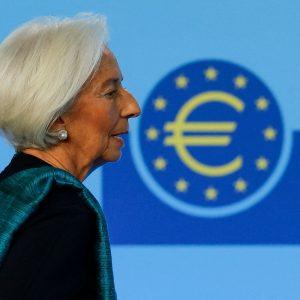


![Χρυσή βίζα: Μειώνονται οι αιτήσεις – Γιατί φρενάρει η ζήτηση [πίνακες]](https://www.ot.gr/wp-content/uploads/2025/11/golden-visa-768x516-1-1.jpg)






